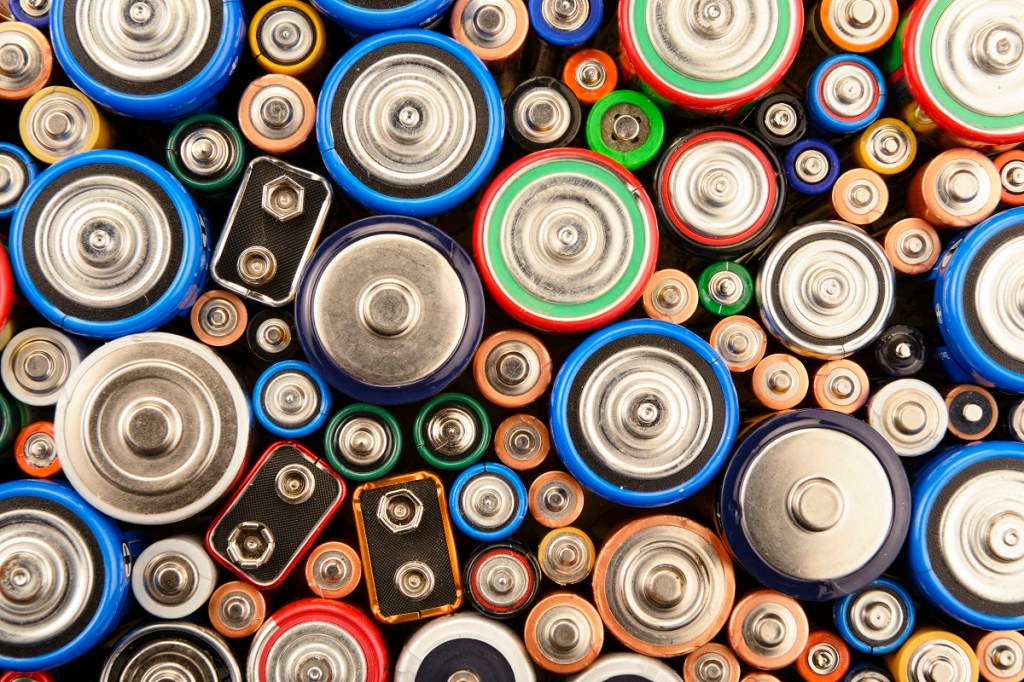The B-cycle Scheme will lead Australia’s efforts in the responsible recycling of batteries, providing drop-off locations in retail spaces by January 2022.
The Battery Stewardship Council, BSC, has revealed its plans for increased participation in the lead-up to the launch of the national scheme.
Libby Chaplin, CEO of B-cycle said: “We’re at a pivotal moment, setting in motion a nationwide reset on batteries, preventing harm and creating opportunities along a product’s whole value chain. A whopping 90 per cent of Australia’s handheld batteries brought into the country end up in landfill. Any used batteries not recycled properly and safely can leach toxic chemicals into our environment, or even cause fires in the home when stored. Additionally, despite being a source of valuable and finite resources, battery recycling has remained small-scale in Australia – until now.”
For the program to succeed, it needs to see a number of sectors getting involved, explains Chaplin: “It’s crucial Australia’s battery importers, collectors and recyclers sign up now and become accredited participants to take full advantage of the launch.”
B-cycle will be actively pursuing new industry participants such as household battery importers, manufacturers, recyclers and retailers to join the scheme.
Assistant Minister for Waster Reduction, Trevor Evans said: “As waste batteries, especially those used in small handheld devices, are one of the fastest growing waste streams, this industry-led scheme will play an essential role in significantly increasing Australia’s battery collections and recycling, and help our circular economy grow.”
There are already a number of prominent battery and electronic brands, retailers, and battery collectors who have committed to the B-cycle Scheme: Bunnings, Canon, Coles, Duracell, EcoBatt, Energizer, Envirostream, Hilti, Honda, Panasonic, Milwaukee, and Woolworths.

